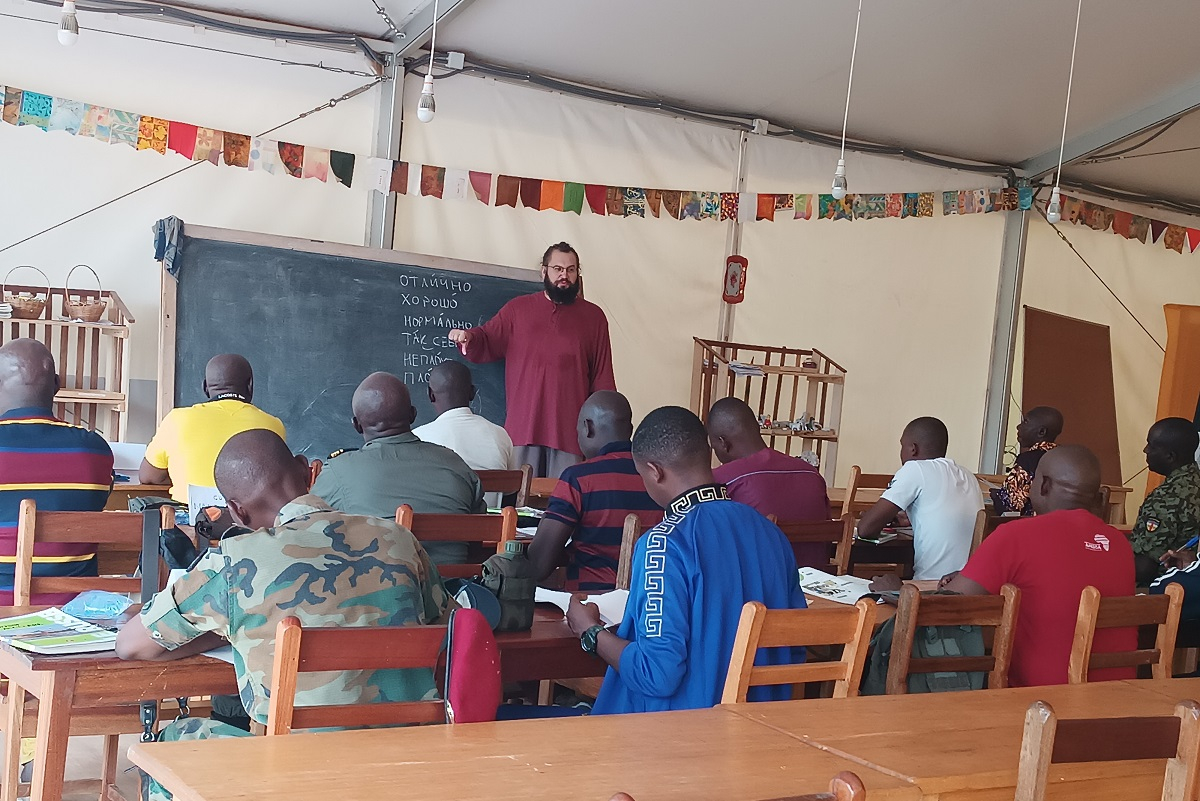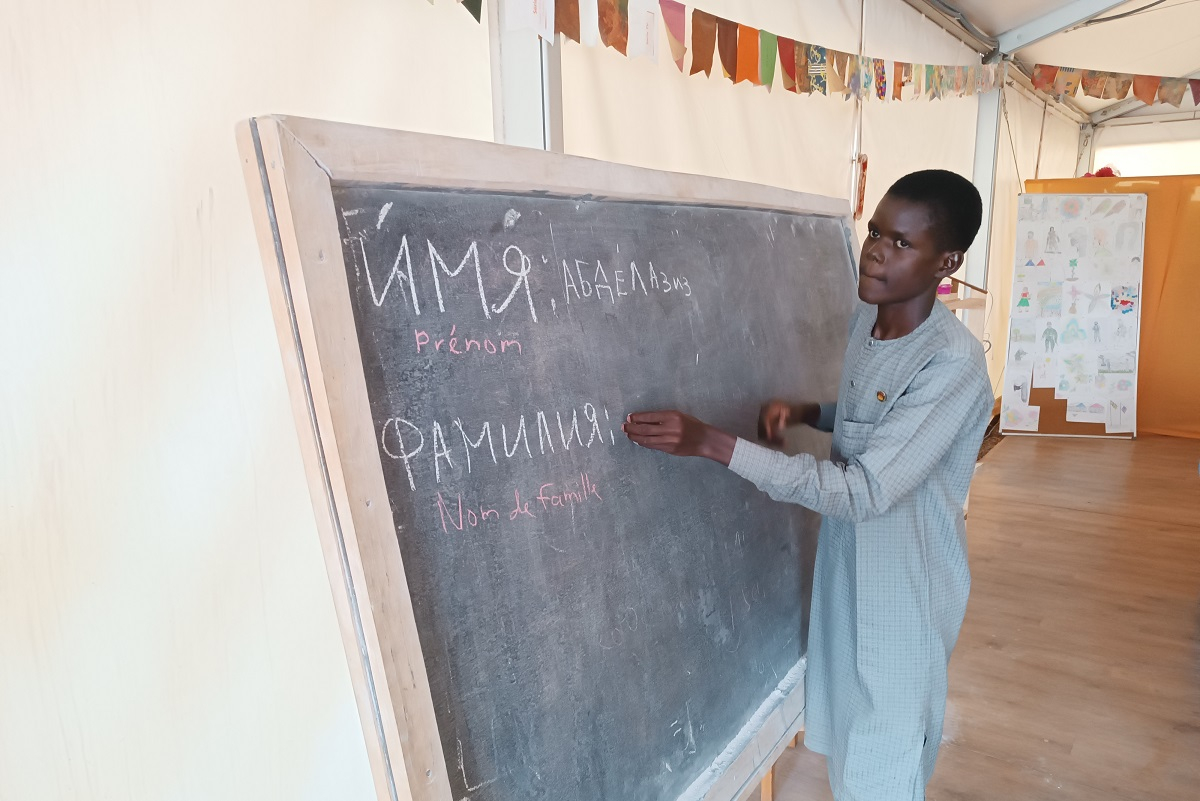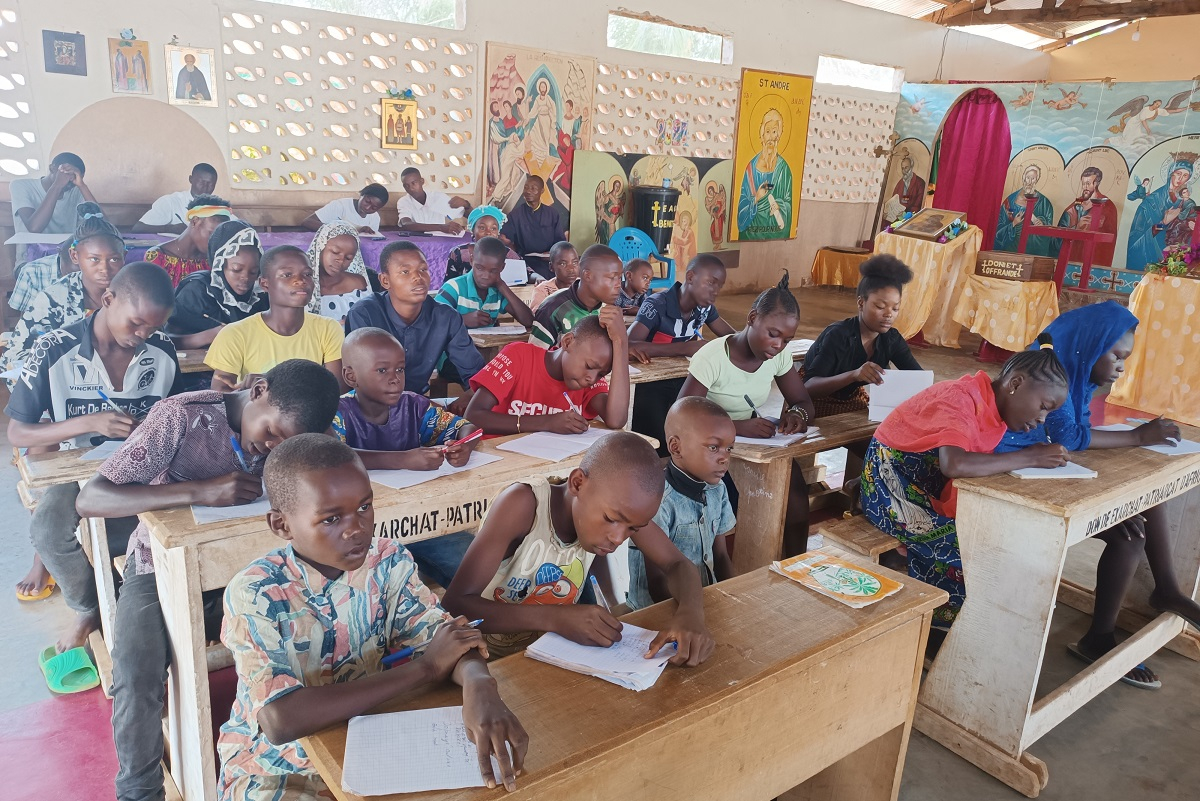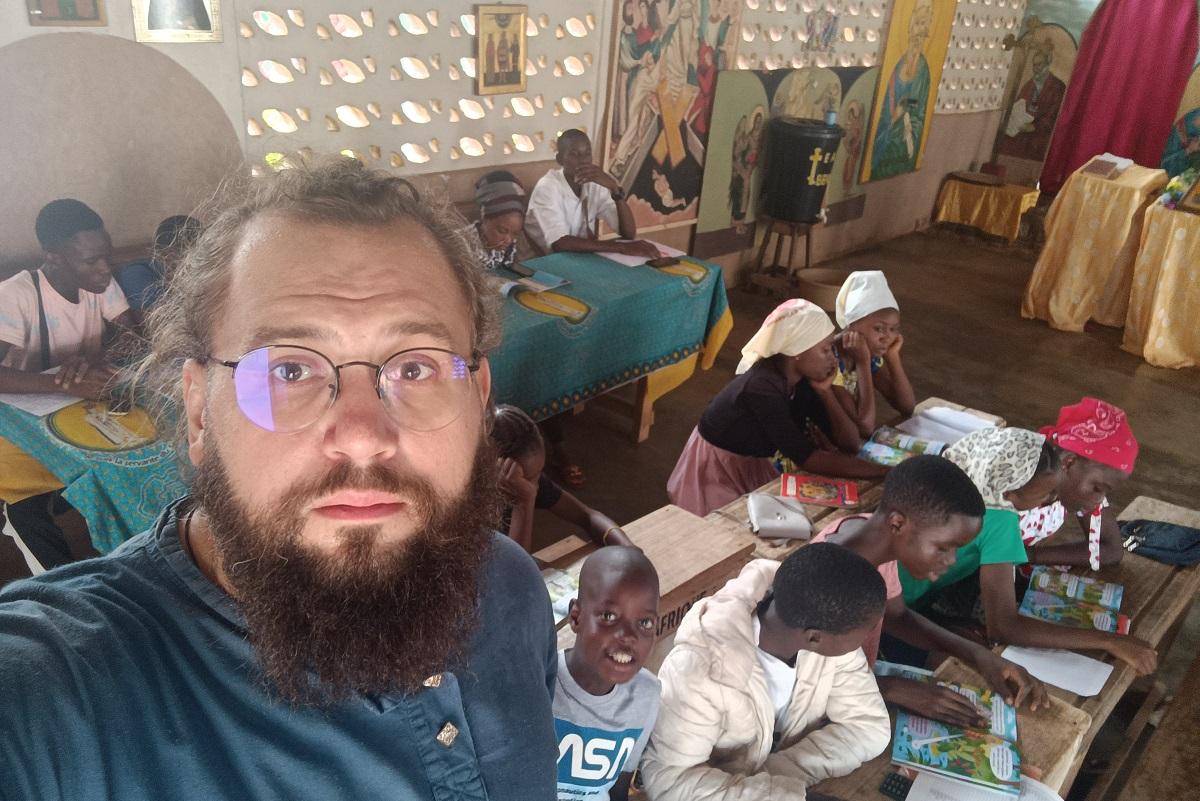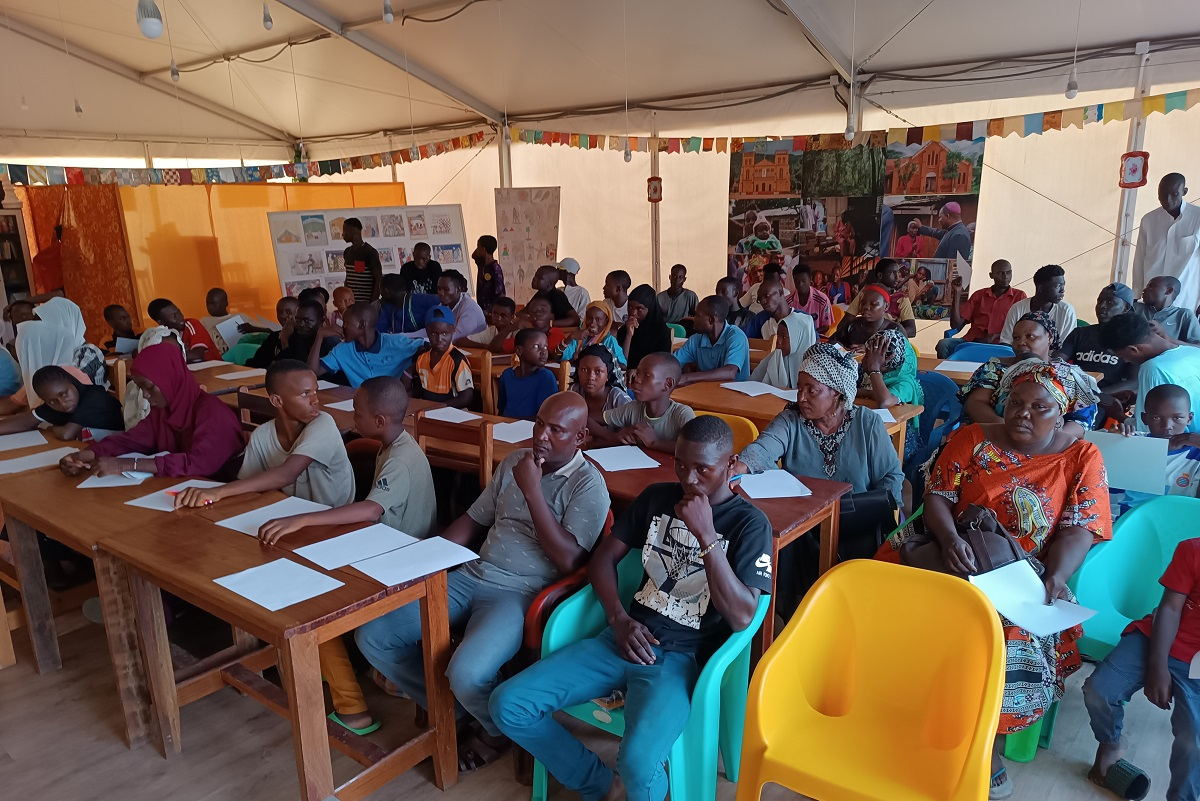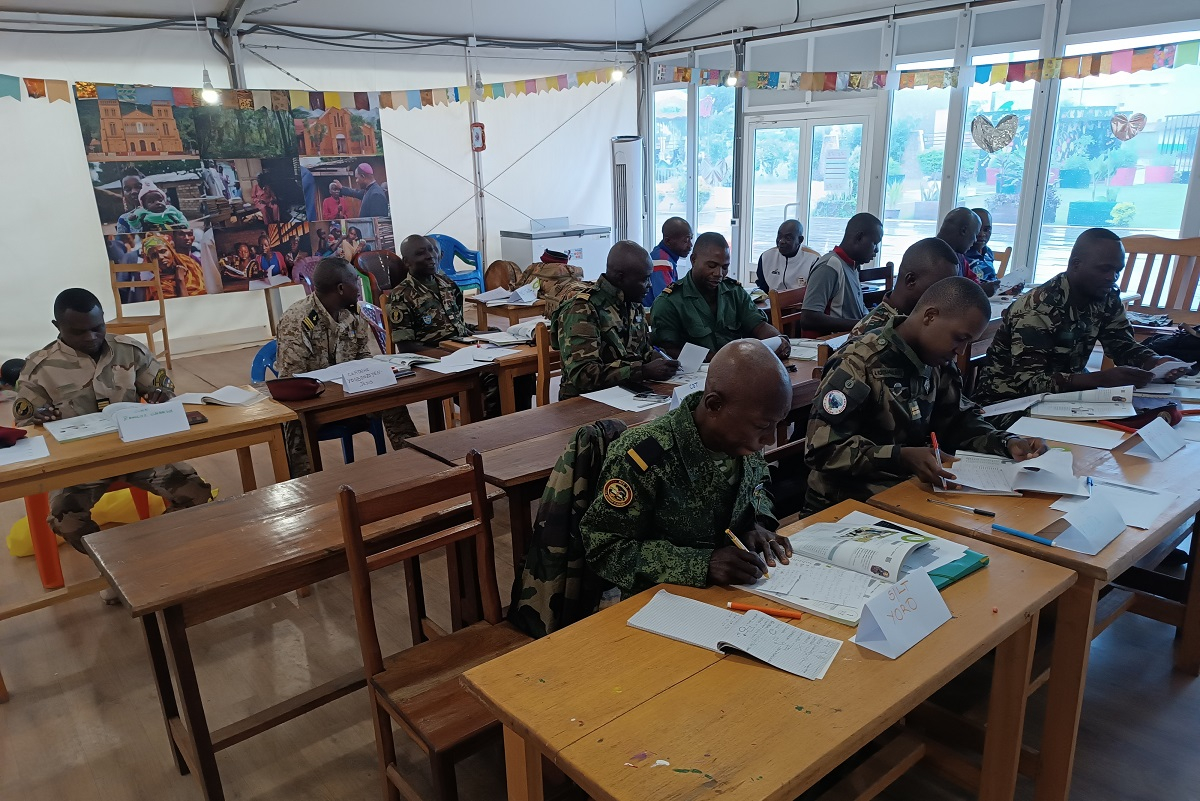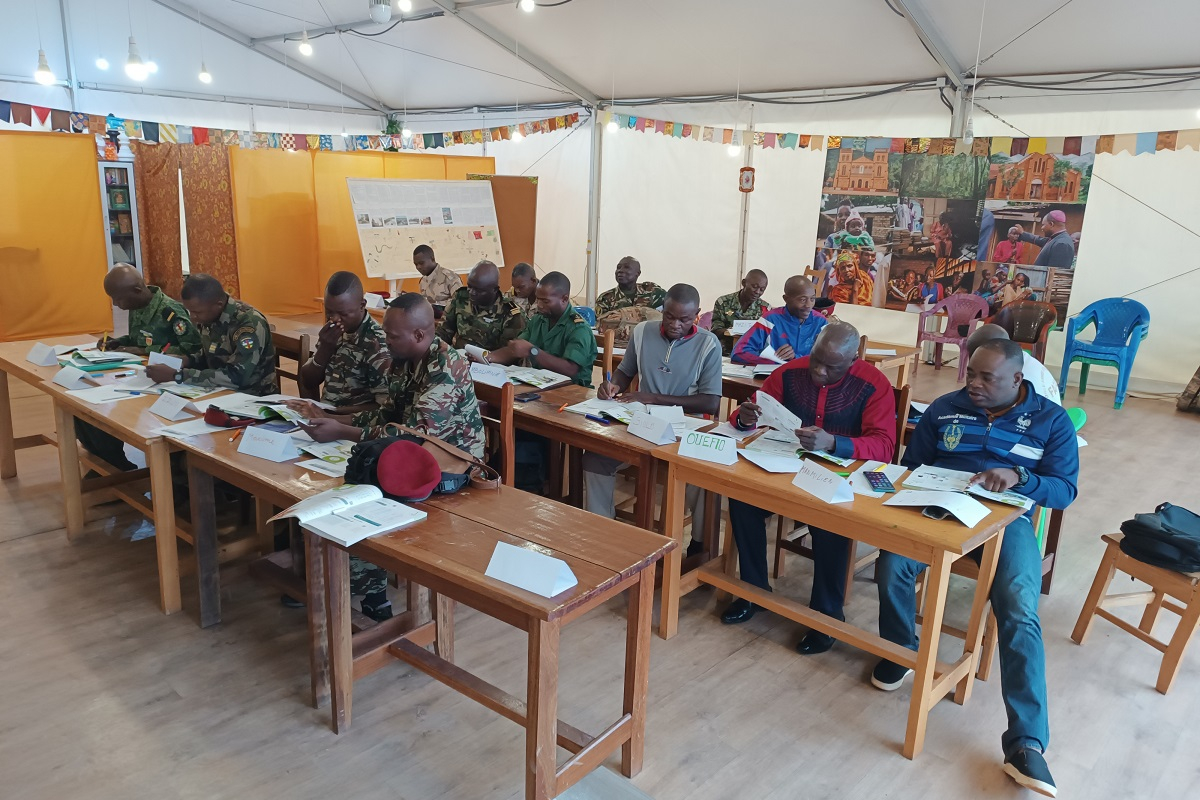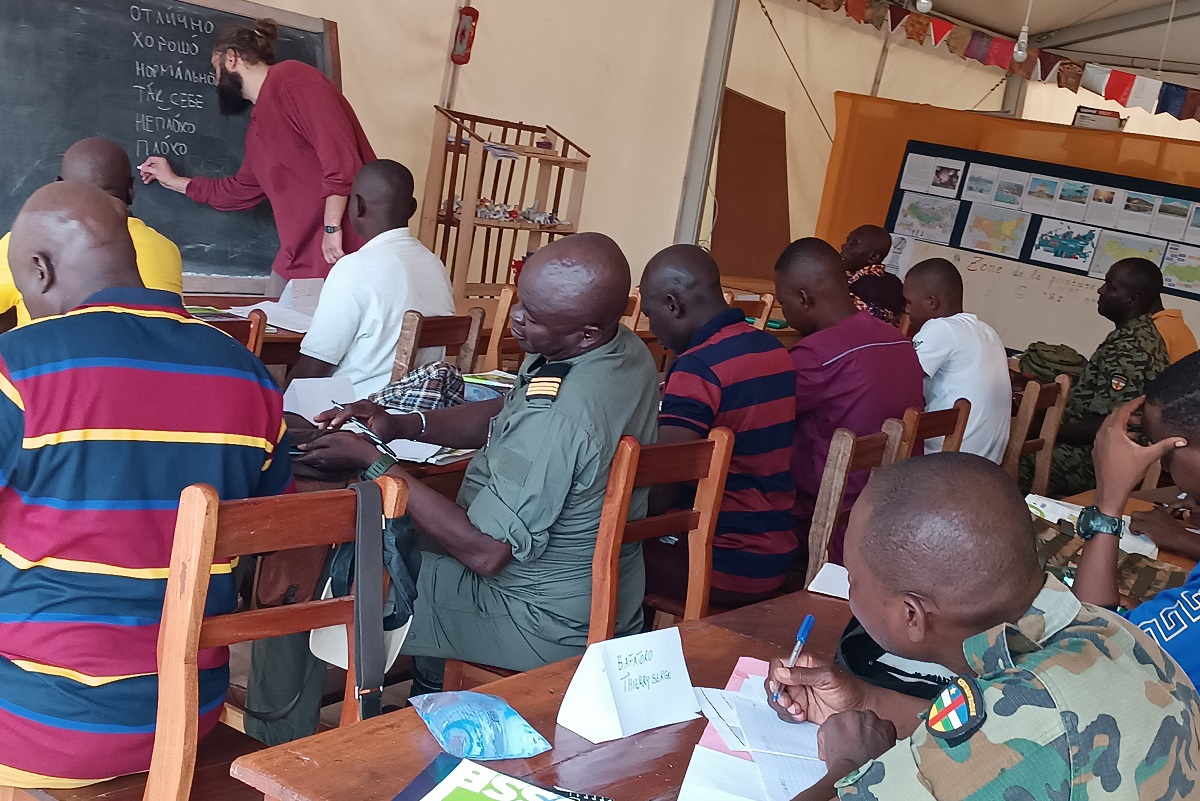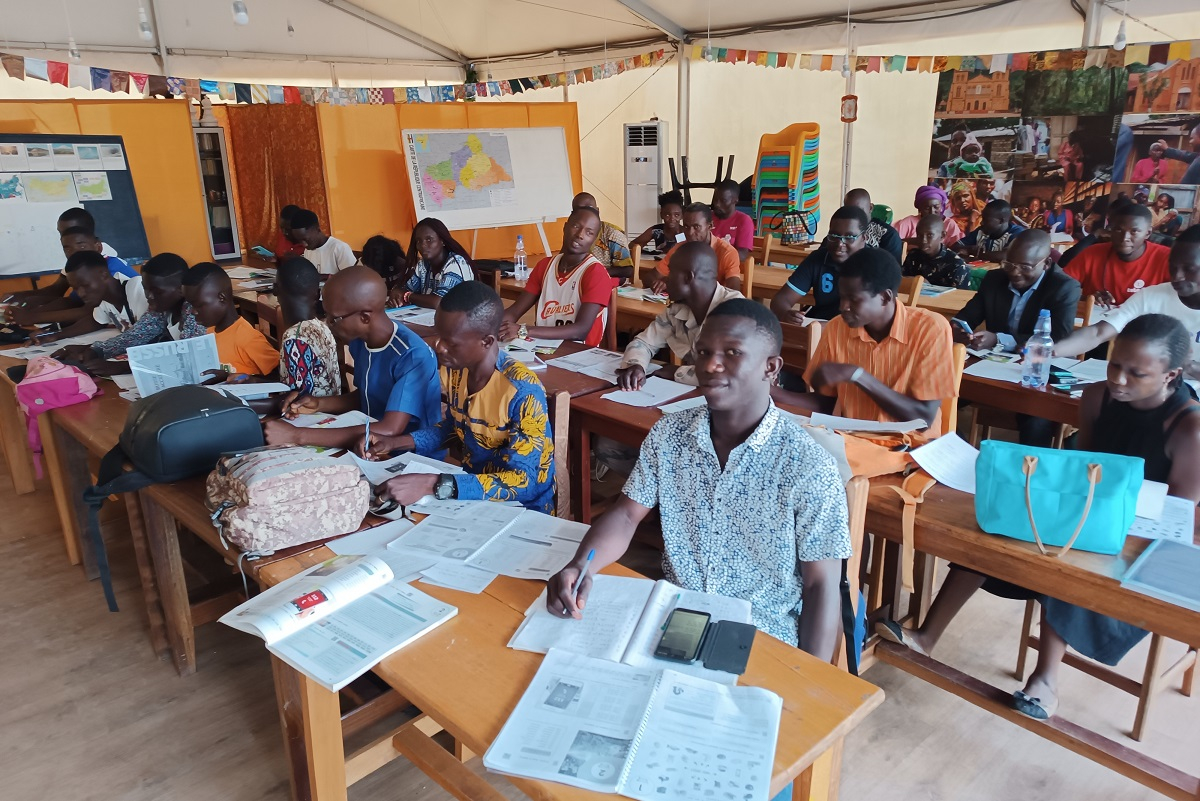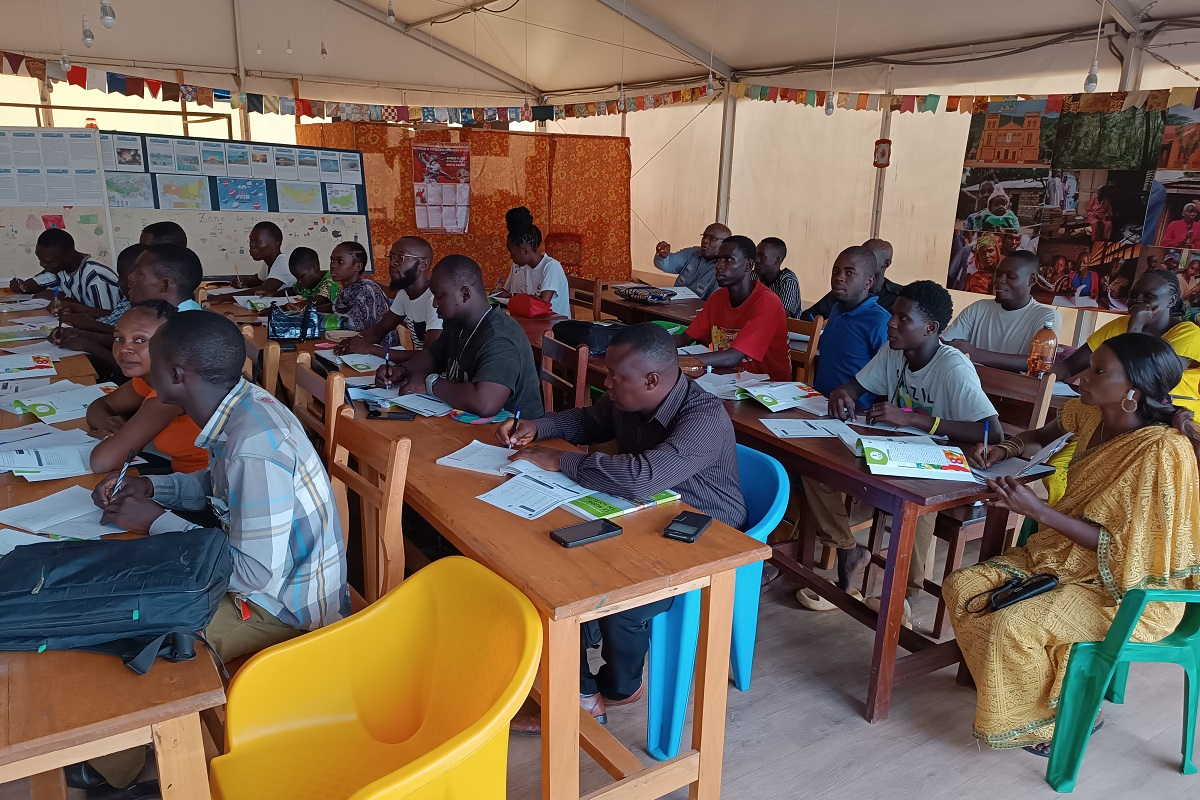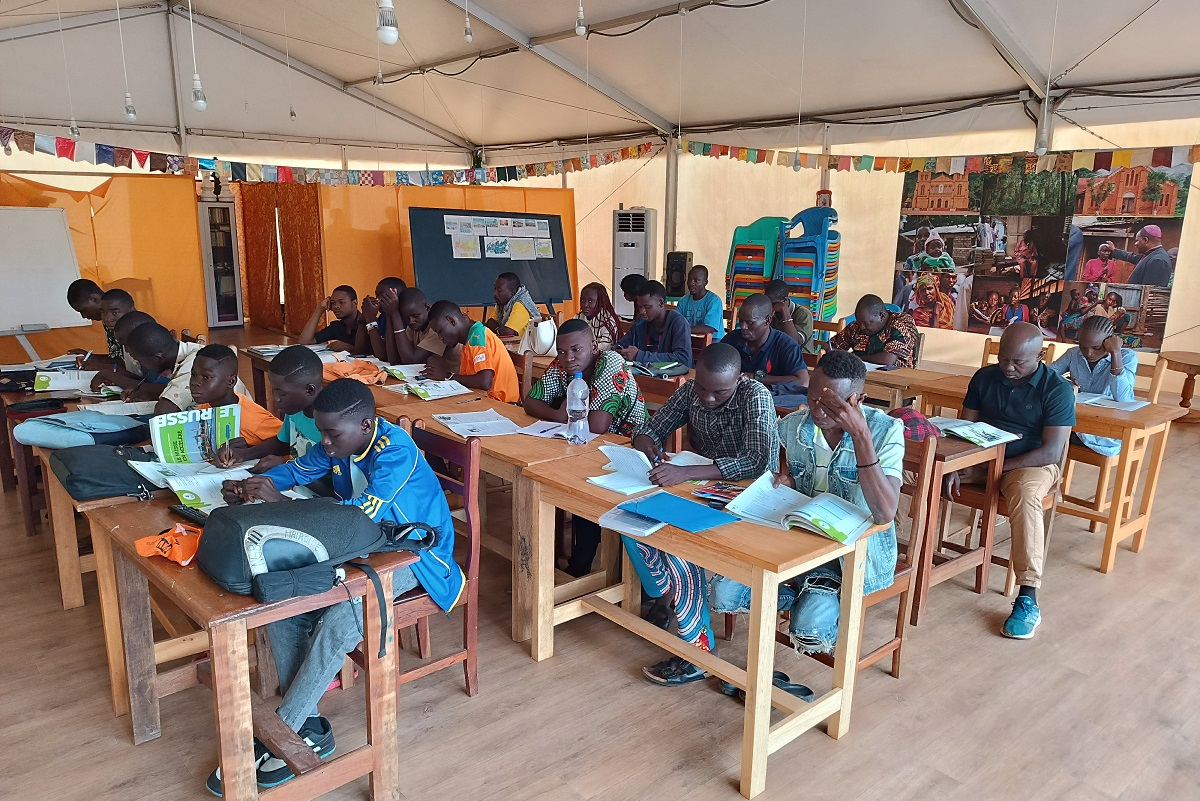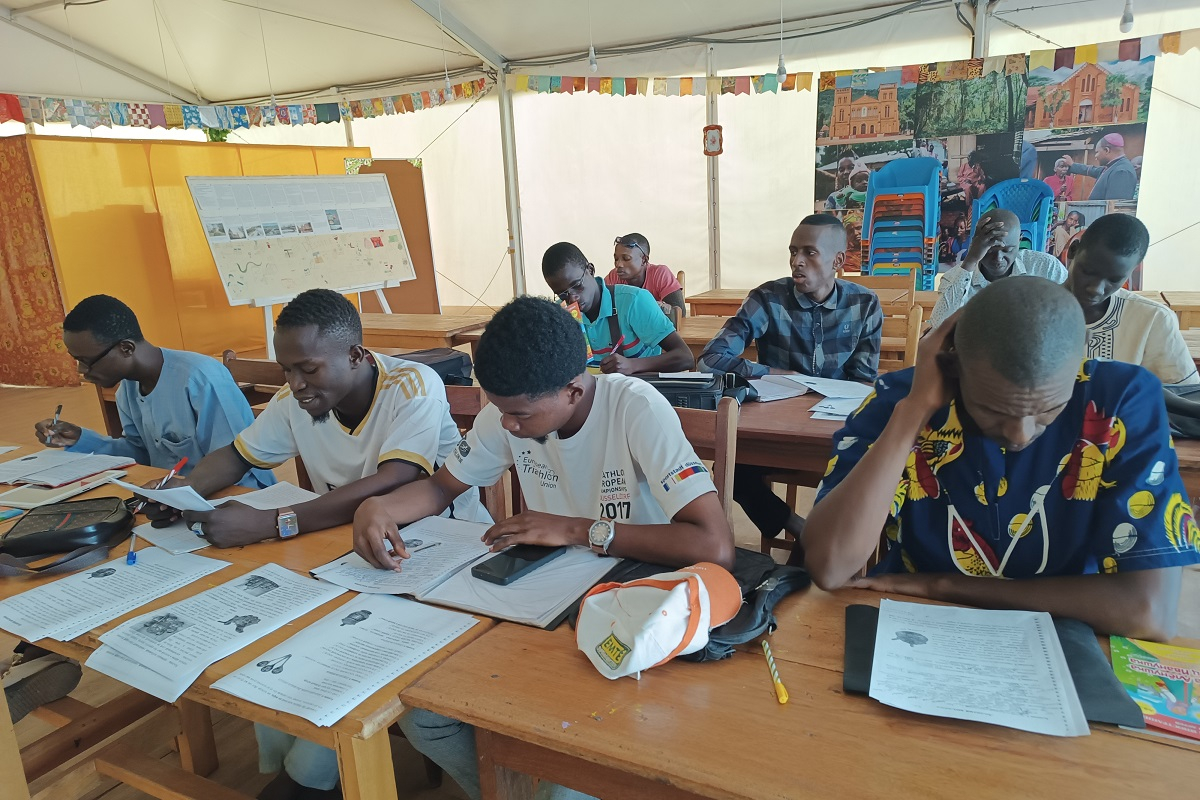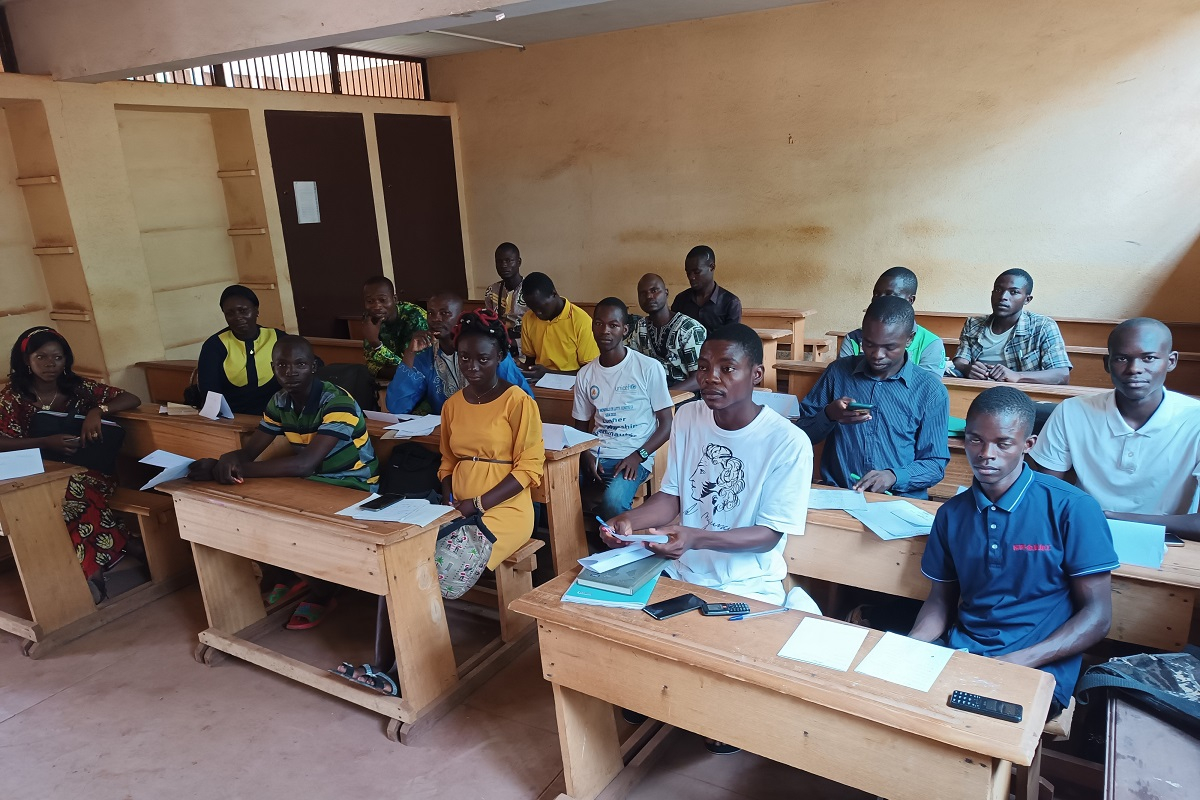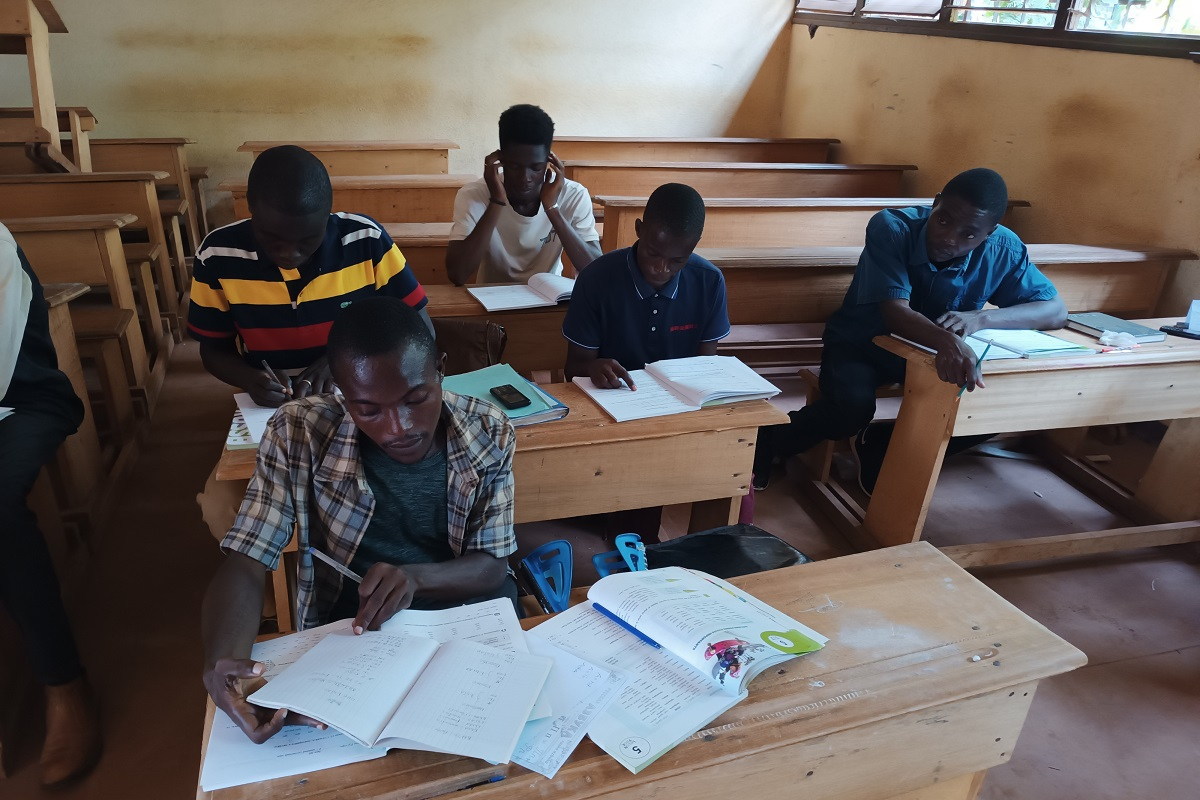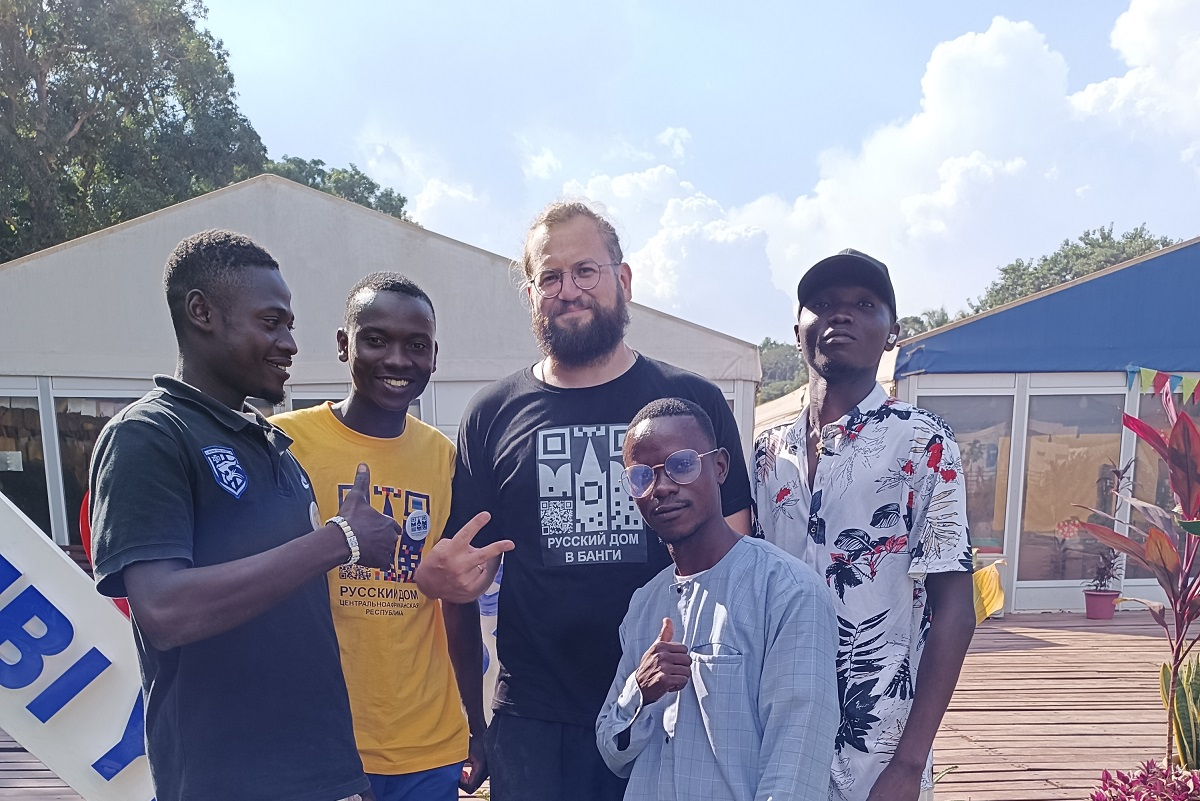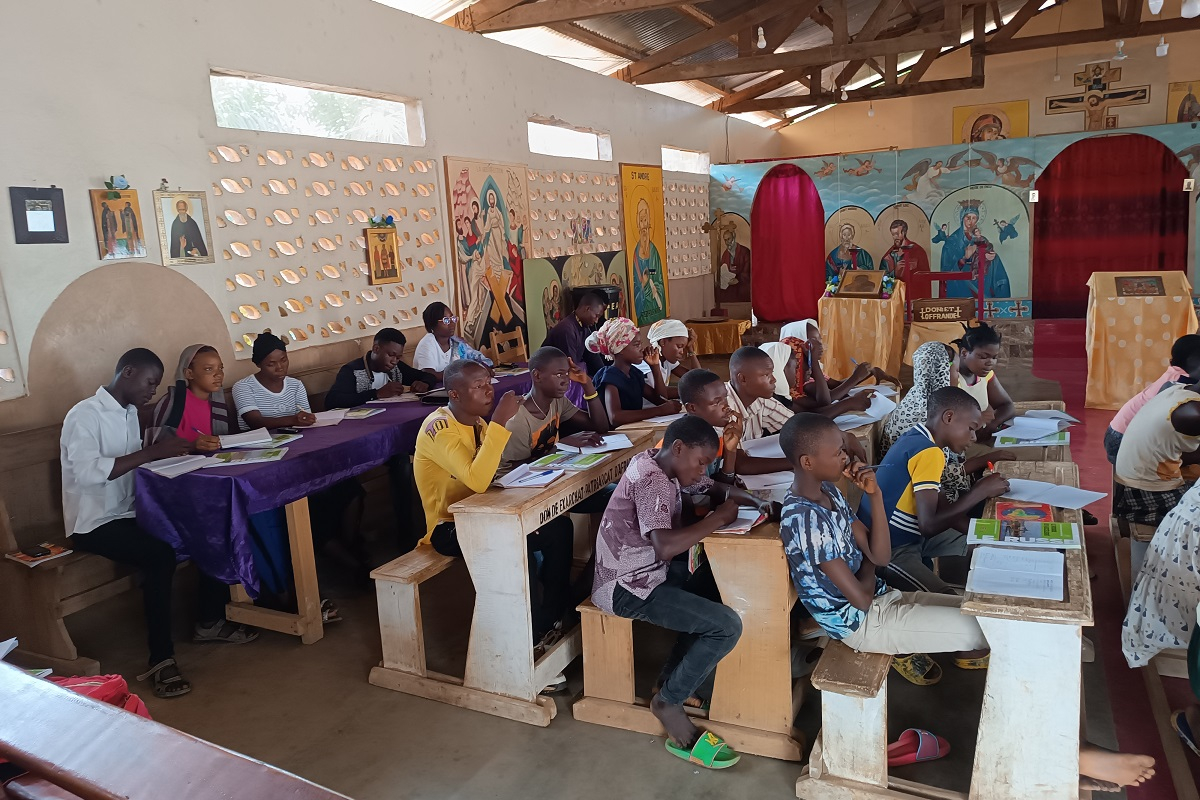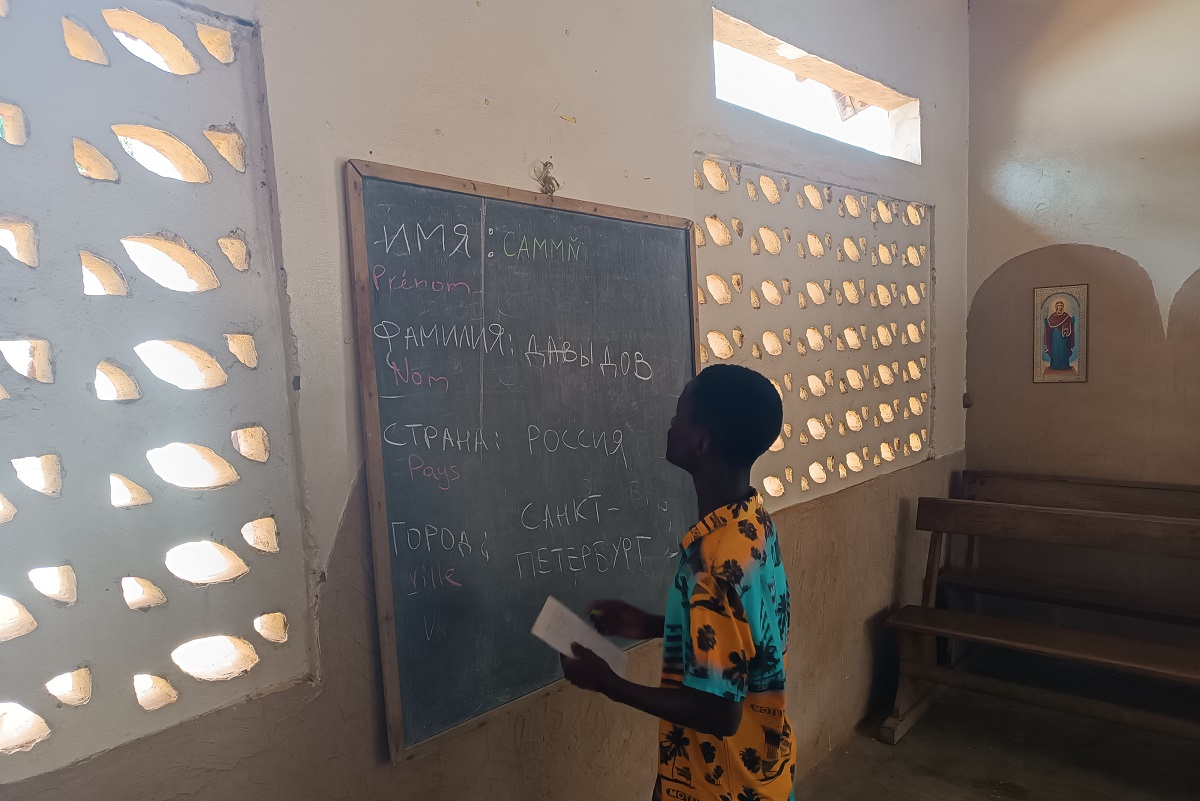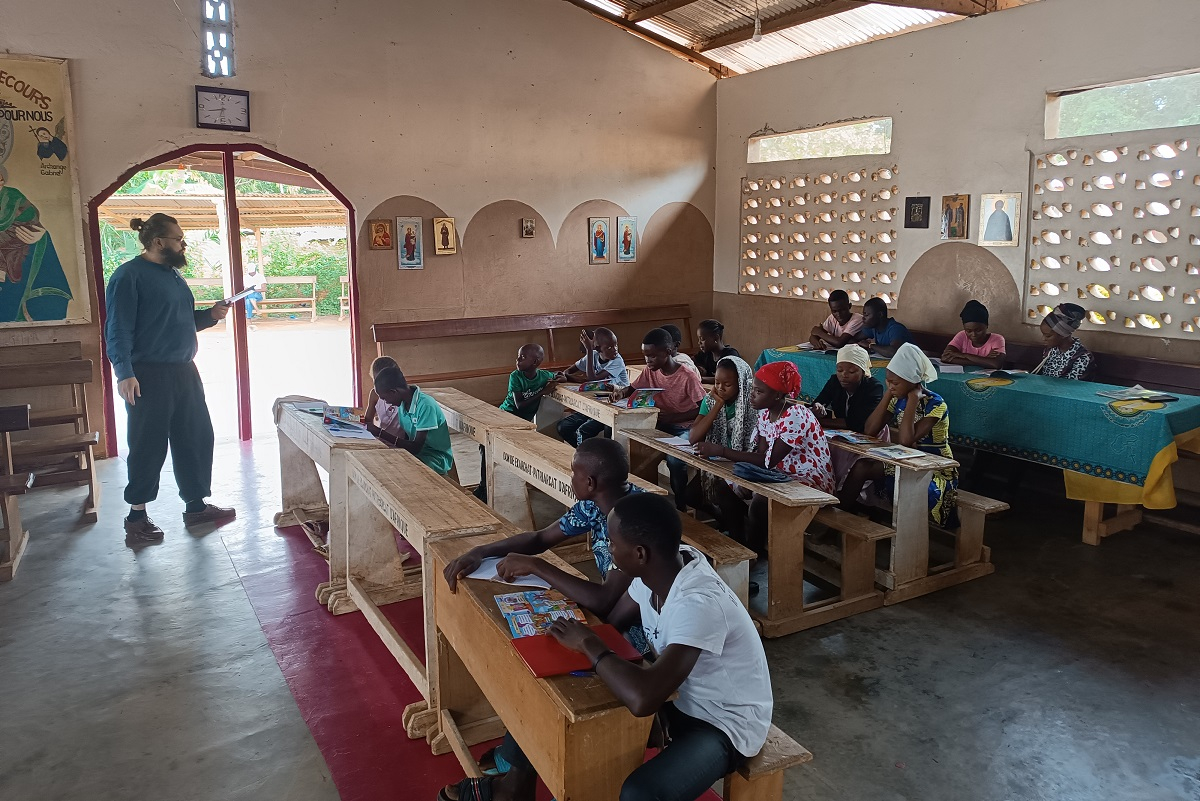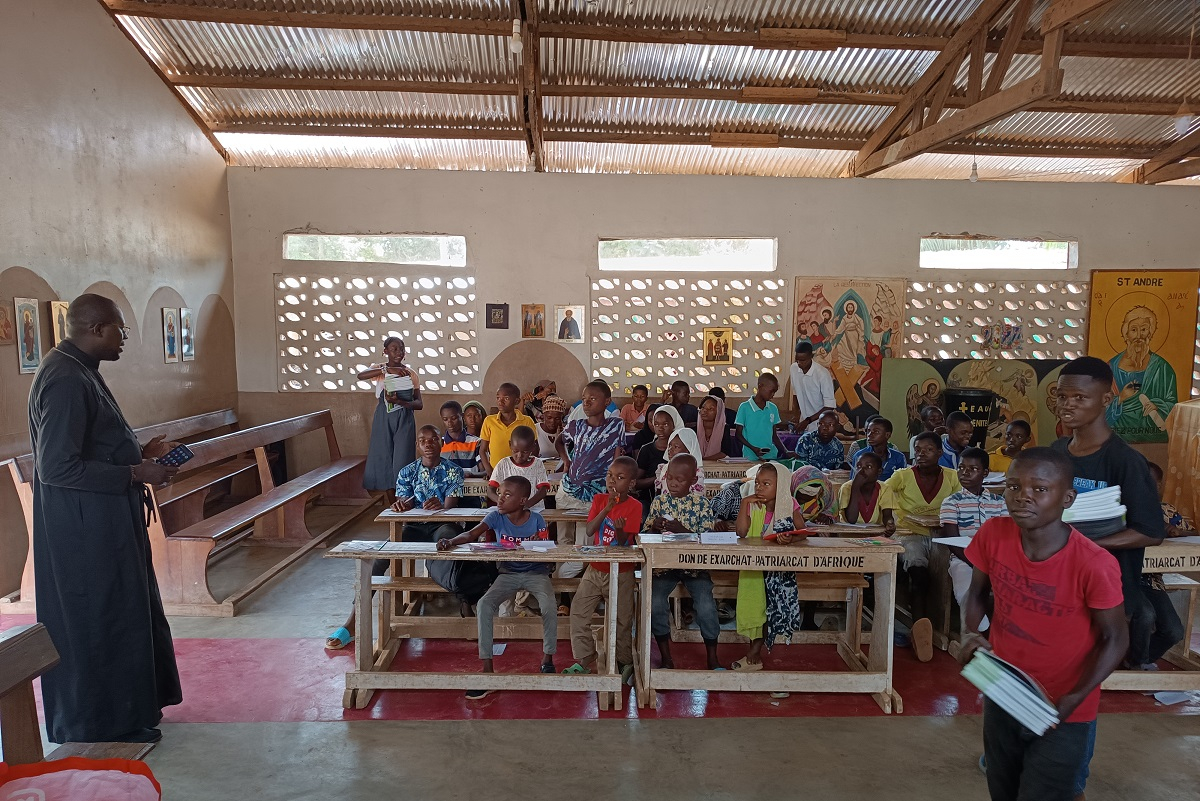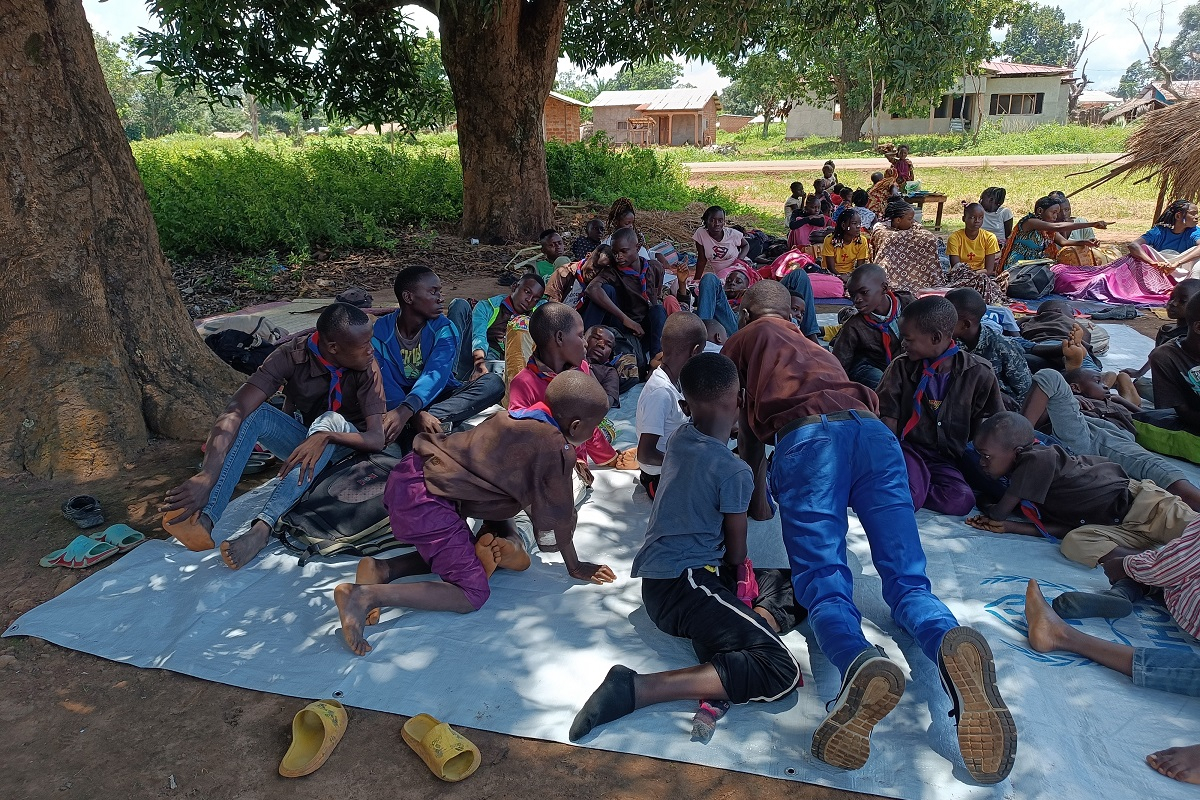St Petersburg University’s Centre for Open Education at the heart of the African continent
Last year, St Petersburg University sent its lecturers to nine African countries. The Ministry of Education of the Russian Federation and the Foundation for the Support of Humanities "My History" are assisting the University in establishing a comprehensive network of Centres for Open Education and Russian language teaching.
According to Andrei Lesin, Acting Director of the Language Testing Centre at St Petersburg University, the primary goal of this project is to enhance the accessibility of quality education in African countries. It holds significant potential — both for the future of African people and for bolstering Russia’s relations with African countries.
Artem Davydov, Associate Professor in the Department of African Studies at St Petersburg University, is one of the lecturers who taught Russian to children and adults in the Central African Republic (CAR). "I specialise in the languages and culture of the people of the Republic of Mali. However, when I was offered a position in the CAR, I couldn’t refuse. It presented a very interesting experience and an opportunity to explore another part of Africa," said Artem Davydov.
In 2024, specialists from St Petersburg University conducted courses in Russian as a foreign language in: Botswana; Zambia; Zimbabwe; Mozambique; Tanzania; Uganda; the Central African Republic; Equatorial Guinea; and South Africa.
During his five-month stay in Africa, Artem Davydov taught Russian to more than 300 residents of the Central African Republic through six training programmes. These programmes catered to school students, university applicants, university students, and adults. A particular emphasis was placed on training specialists from the country’s armed forces, who studied the Russian language with a focus on their professional needs. "Military cooperation is a key element of interaction between Russia and the CAR; hence, a special programme is implemented for this purpose. Importantly, this specific programme is not available in all countries where St Petersburg University has established its Centres," clarified Artem Davydov.
Artem Davydov observed that children find the phonetics of the Russian language easier to master, while for adults with a basic education it is easier to learn the grammar. "I conducted my lessons in French. Interestingly, even though the official language in the Central African Republic is Sango, proficiency in French — the language of the former colonisers — is higher here than in Mali, where only about 15% of the population speaks French. I myself do not speak Sango, unlike Bambara, which is the national language of Mali," he added.
Additionally, Artem Davydov conducted a special course titled "Understanding Russia," which introduced students to various aspects of everyday life and cultural realities of the Russian Federation. For example, one of the lectures focused on Slavic and Russian writing systems, where students learned about the history of the Slavic alphabets, Cyrillic and Glagolitic, and drew parallels with African writing systems — the original (such as Bamum and Nko) and Arabic-based.
The interest in learning Russian in Mali is really strong, likely because it is one of the few opportunities available to most people who wish to learn the Russian language and culture. Not all locals have access to the Internet, and many still use push-button cell phones. Obtaining basic knowledge of Russian at the University language centre therefore presents a valuable opportunity for many Central Africans.
Artem Davydov, Associate Professor in the Department of African Studies at St Petersburg University
In the same year, Artem Davydov was also invited to Bamako, the capital of Mali, to assist in training teaching staff and to present a textbook of Russian as a foreign language adapted for speakers of Bambara. This publication is part of the textbook series We Learn Russian, produced by the St Petersburg University Language Testing Centre.
"The content of the textbook was thematically adapted to Malian realities: we introduced personalities familiar and respected by Malians, and partially replaced the names in the texts with Malian names to create a balanced sense of 'one’s own' and 'foreign'. The experience of producing a nationally oriented Russian language textbook for Mali will be valuable in implementing similar projects focused on other African countries," said Artem Davydov, Associate Professor in the Department of African Studies at St Petersburg University.
Artem Davydov shared his impressions about his trip to Mali in a publication on the Russkiy Mir Foundation portal. In his interview, he discussed the interest in studying the Russian language in Mali, the potential for translating Russian classics into African languages, and the popularity of African studies among Russian students.
Following his stay in Africa, Artem Davydov held a meeting with St Petersburg University students to share his experiences and the outcomes of his work. He also gave recommendations for those interested in becoming teachers of Russian as a foreign language on the African continent. "For specialists in African languages and cultures, teaching Russian as a foreign language can serve as a genuine gateway to Africa. While teaching Russian, you can practice the African languages you are studying and conduct your research. Furthermore, the education at St Petersburg University is traditionally philologically oriented, making it straightforward to retrain a graduate of the African studies programme to become a specialist in Russian language teaching," emphasised Artem Davydov.
Artem Davydov considers one of the achievements of his mission to the Central African Republic to be that two of his students, Jospin and Emmanuel, enrolled in Russian universities after completing the Russian language course. Jospin is studying mining engineering, and Emmanuel is pursuing medicine.


